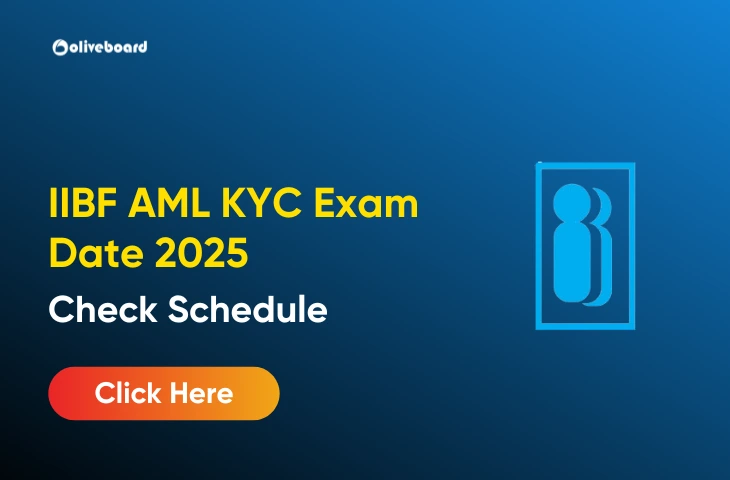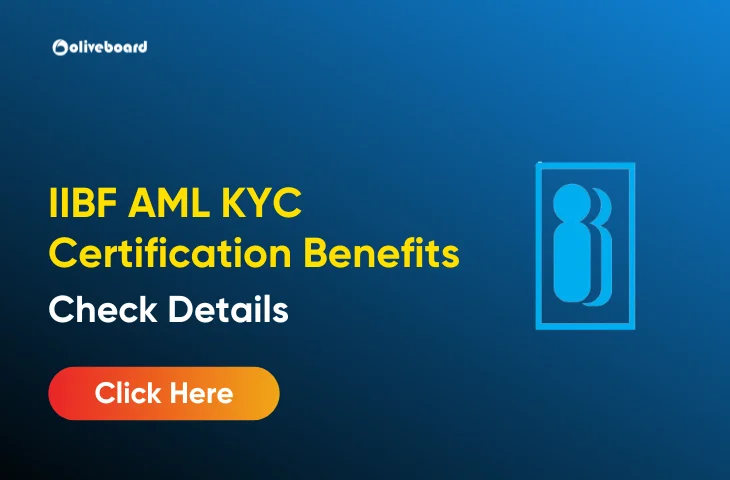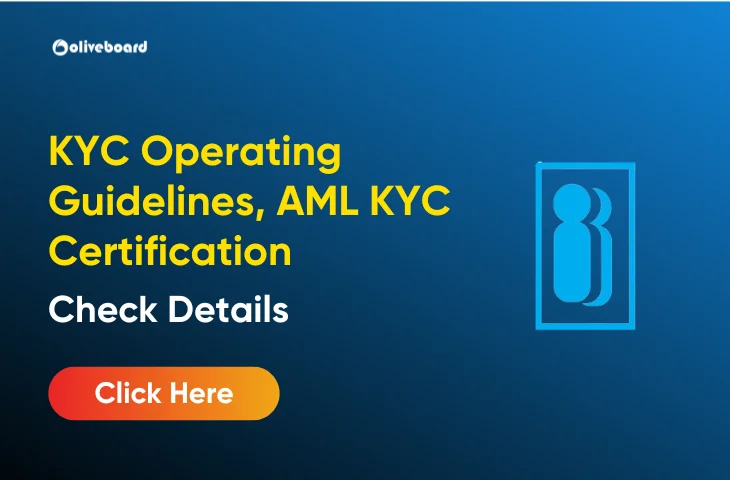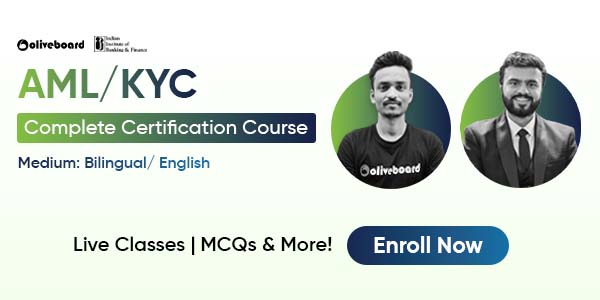KYC Operating Guidelines
AML KYC Certification and KYC Operating Guidelines are important tools for preventing financial crimes like money laundering and fraud. These guidelines help organizations know their customers better and comply with regulatory requirements.
This article will explain what the AML KYC Certification Course is, why KYC guidelines are important, and how they work. Whether you are a student, a professional, or someone looking to build expertise in compliance, this guide is for you.
What is the AML KYC Certification Course?
The AML KYC Certification Course trains aspirants on how to detect and prevent financial crimes. It covers topics like anti-money laundering laws, customer verification methods, and regulatory compliance.
Key Details About the AML KYC Certification Course
- Duration: 1 to 3 months.
- Eligibility: Open to students, professionals, and business owners in fields like finance or law.
- What You Learn:
- AML and KYC laws.
- Risk management techniques.
- Reporting suspicious activities.
- Exam: Includes tests to evaluate understanding and practical skills.
AML KYC – Complete Course
The AML KYC Complete Course offers over 30 live, interactive sessions that thoroughly cover the entire KYC AML syllabus, following the latest exam pattern. It includes 150+ multiple-choice questions (MCQs) and case studies to help you focus on key topics. You will also get downloadable PDF notes for easy learning and quick revision. The course provides a combination of live classes, recorded lectures, and PDF notes. For your convenience, live sessions are held during non-banking hours, either early in the morning or late in the evening. Additionally, you can access recorded lectures and PDF notes 24/7, allowing you to learn anytime and anywhere. Click the link below to check all the details regarding the AML KYC course.
Why Take the AML KYC Certification Course?
Benefits of the Course
- Career Growth: Opens doors to compliance-related jobs.
- Industry Knowledge: Keeps you updated on regulations.
- Credibility: Helps build trust in finance and legal industries.
- Skills Development: Teaches how to identify and manage risks effectively.
What Are KYC Operating Guidelines?
KYC Operating Guidelines are rules that financial institutions follow to verify their customers. These guidelines ensure that organizations only deal with legitimate clients and reduce the risk of financial crimes.
Why Are KYC Guidelines Important?
- Compliance: Helps meet legal and regulatory requirements.
- Fraud Prevention: Detects and stops fraudulent transactions.
- Transparency: Builds trust with customers.
- Risk Management: Identifies high-risk individuals or entities early.
Core Components of KYC Operating Guidelines
- Customer Identification Process (CIP):
- Verify customer identity using official documents.
- Collect basic details like name, address, and date of birth.
- Customer Due Diligence (CDD):
- Assess the customer’s risk level.
- Classify customers as low, medium, or high-risk.
- Enhanced Due Diligence (EDD):
- For high-risk customers, review their source of funds and transactions.
- Ongoing Monitoring:
- Regularly check customer accounts and transaction activities.
- Record Keeping:
- Store customer data for a set period, ensuring confidentiality.
How to Select the Right AML KYC Certification Course
When choosing a certification course, look for the following:
| Criteria | What to Look For |
| Accreditation | Approved by recognized organizations. |
| Content | Comprehensive modules on AML and KYC topics. |
| Learning Mode | Online or classroom options for flexibility. |
| Industry Recognition | Valued in banking, finance, or legal fields. |
| Cost | Affordable and within your budget. |
Who Can Benefit From This Course?
The AML KYC Certification Course is ideal for:
- Banking Professionals: Compliance officers and risk managers.
- Students: Those pursuing careers in finance or law.
- Business Owners: Entrepreneurs handling financial transactions.
- Legal Experts: Lawyers specializing in corporate compliance.
Best Practices for KYC Compliance
To ensure smooth KYC operations, follow these practices:
- Automate the Process:
- Use software to speed up customer verification.
- Regular Training:
- Educate employees on identifying suspicious activities.
- Stay Updated:
- Keep track of changes in global and local regulations.
- Perform Audits:
- Regularly review compliance practices.
Challenges in KYC Implementation
Although effective, KYC implementation can face some challenges:
- High Costs: Technology and training require investment.
- Complex Regulations: Rules vary across countries.
- Data Security Risks: Customer information must be well-protected.
| Related Article | Link |
| Course Structure and Benefits | Click here to Check |
| Money Laundering | Click here to Check |
Conclusion
The AML KYC Certification Course and KYC Operating Guidelines are essential for building a safer financial system. The certification provides valuable skills, while KYC guidelines ensure regulatory compliance and reduce financial risks.
KYC Operating Guidelines – FAQs
Ans. KYC Operating Guidelines are rules financial institutions follow to verify customer identities and prevent fraud.
Ans. They help ensure regulatory compliance, prevent money laundering, and enhance trust in financial transactions.
Ans. CIP involves verifying a customer’s identity using official documents like ID cards or passports.
Ans. CDD assesses the risk level of customers to classify them as low, medium, or high risk.
Ans. EDD includes additional checks for high-risk customers, such as verifying their source of funds.
Ans. Challenges include high costs, varying regulations, and data security concerns.
- NDPS Act 1985: Objectives, Provisions and Enforcement

- Prevention of Money Laundering Act 2002 Overview and Key Provisions

- Foreign Exchange Management Act 1999 (FEMA) Key Provisions

- Legislation Against Money Laundering, AML KYC Certification

- IIBF AML KYC Exam Date 2025, Check Schedule

- IIBF AML KYC Certification, Check Complete Details and Benefits


Hello there! I’m a dedicated Government Job aspirant turned passionate writer & content marketer. My blogs are a one-stop destination for accurate and comprehensive information on exam categories like Regulatory Bodies, Banking, SSC, State PSCs, and more. I am on a mission to provide you with all the details you need, conveniently in one place. When I am not writing and marketing, you will find me happily experimenting in the kitchen, cooking up delightful treats. Join me on this journey of knowledge and flavors!

